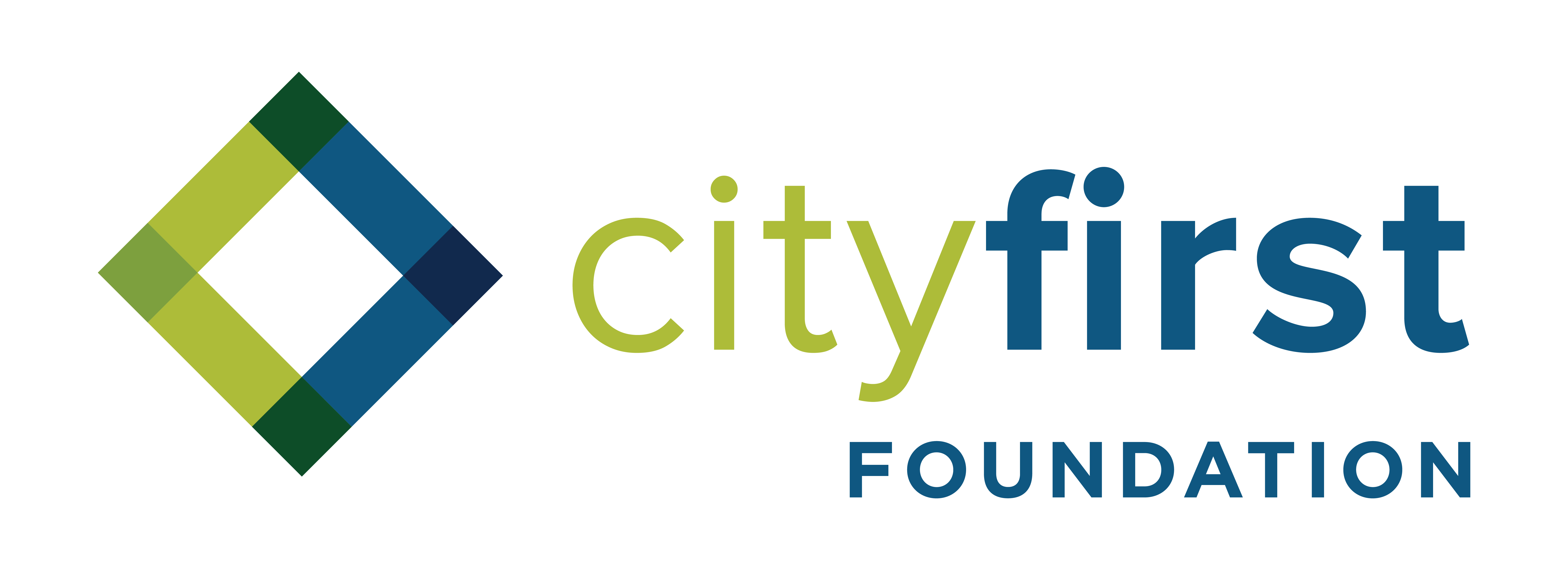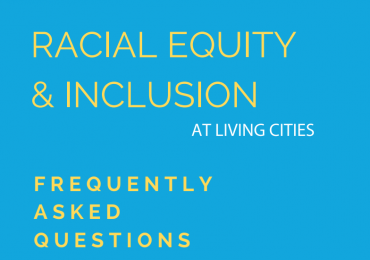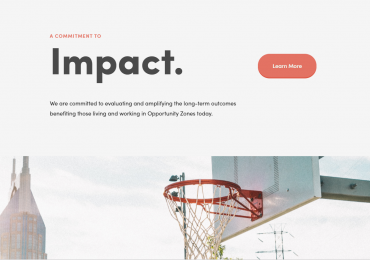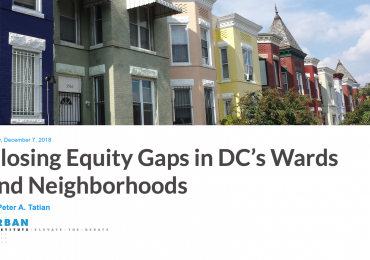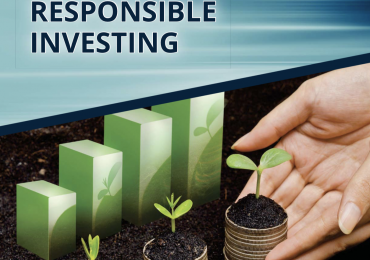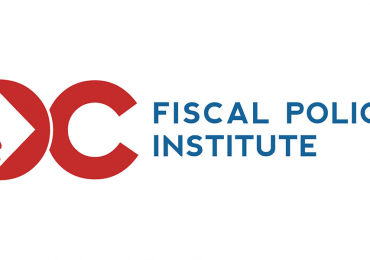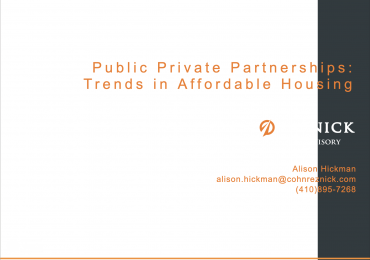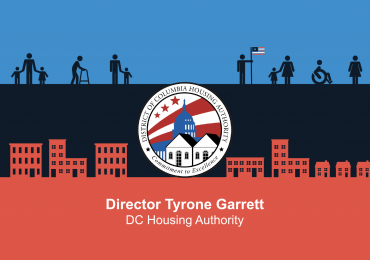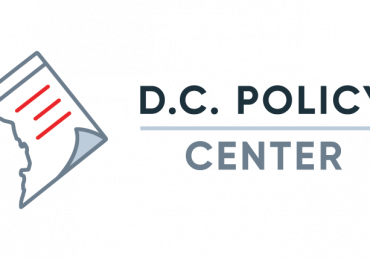Living Cities conducted its first survey in July of 2017. The data we captured from our staff will serve as our baseline from which to track our organizational progress toward building our competencies and advancing racial equity at Living Cities moving forward. The results of the survey have also proved tremendously useful in helping the internal Colleagues Operationalizing Racial Equity (CORE) team identify potential next steps and opportunities to continue to embed a racial equity lens across the organization. Download Survey Frequently Asked Questions
Opportunity Zone Framework
The Opportunity Zones Reporting Framework is a voluntary guideline designed to define best practices for investors and fund managers looking to invest in Opportunity Zones. It includes a set of first principles and a detailed impact measurement framework. To learn more or download framework, visit their website here.
Closing Equity Gaps in DC’s Wards and Neighborhoods
In an equitable DC, every resident would have the opportunity to prosper. But decades of discriminatory policies and practices have created inequities by ward, neighborhood, and race and ethnicity. Public, private, and nonprofit interventions have narrowed these gaps, but more needs to be done to level the playing field. This tool shows what it would take to improve equity across wards and neighborhoods on 16 key indicators. Select different areas of the District to compare or set your own goals for equity. VISIT THE TOOL READ MORE
Guide to Socially Responsible Investing
SerenityShares is a Registered Investment Advisor that designs strategies to simplify the investment process and supports the UN's Sustainable Development Goals of protecting the planet. Our goal is to provide investors with a better way to invest their core investable savings, while never losing sight of making a positive impact through their investments. READ MORE
The Future of Affordable Housing Investment
THE FUTURE OF AFFORDABLE HOUSING INVESTMENT October 24, 2018 / Key takeaways of the City First Community Development Finance Impact Forum/ Blog Coffee & Conversation Brian Argrett, President and CEO, City First Bank The purpose of this event is to bring together frontline changemakers in affordable housing. We would like you to leave this event more informed, driven, and connected to address the need for affordable housing. We also want you to come away with ideas to take back to your organization that can be implemented. It’s also important to keep in mind that economic disparities overlap with racial disparities. Who is in the…
What a Big Bank is Doing to Boost Economic Opportunity in a Single City
As the GOP finalized its Tax Cuts and Jobs Act late last year, it was already clear that the legislation would mean additional profits for major corporations, on top of their already impressive earnings in an economy that’s working—for them, at least. The nation’s largest banks are no exception. At JPMorgan Chase, for instance, start-of-year estimates pegged the company’s tax windfall at $4 billion a year, a boost that prompted the bank to up its philanthropic commitments by 40 percent. READ MORE
Data Presentation: Ed Lazere, DC Fiscal Policy Institute
As part of our 2018 The Future of Affordable Housing Investment data presentation, the executive director of the DC Fiscal Policy Institute, Ed Lazere, gave this presentation on the DC affordable housing problem. LEARN MORE
Breakout Session: Allison Hickman, CohnReznick
As part of our 2018 The Future of Affordable Housing Investment breakout sessions, a senior manager of CohnReznick, Alison Hickman, gave this presentation on Public Private Partnerships: Trends in Affordable Housing. LEARN MORE
2018 Impact Forum Panel: Executive Director Tyrone Garrett, DC Housing Authority
As part of our 2018 The Future of Affordable Housing Investment impact forum, the executive director of the DC Housing Authority and City First panelist, Tyrone Garrett, gave this presentation on affordable housing developers and financing deals. LEARN MORE
Symposium: Achieving Racial Equity in Housing Outcomes in D.C.
The District of Columbia is becoming increasingly more segregated by race and income. As outlined in the Urban Institute report The Color of Wealth in the Nation’s Capital, this segregation is built on racist public and private practices, and has amplified disparities and inequities in health, education, work opportunities, with effects that continue today. LEARN MORE


